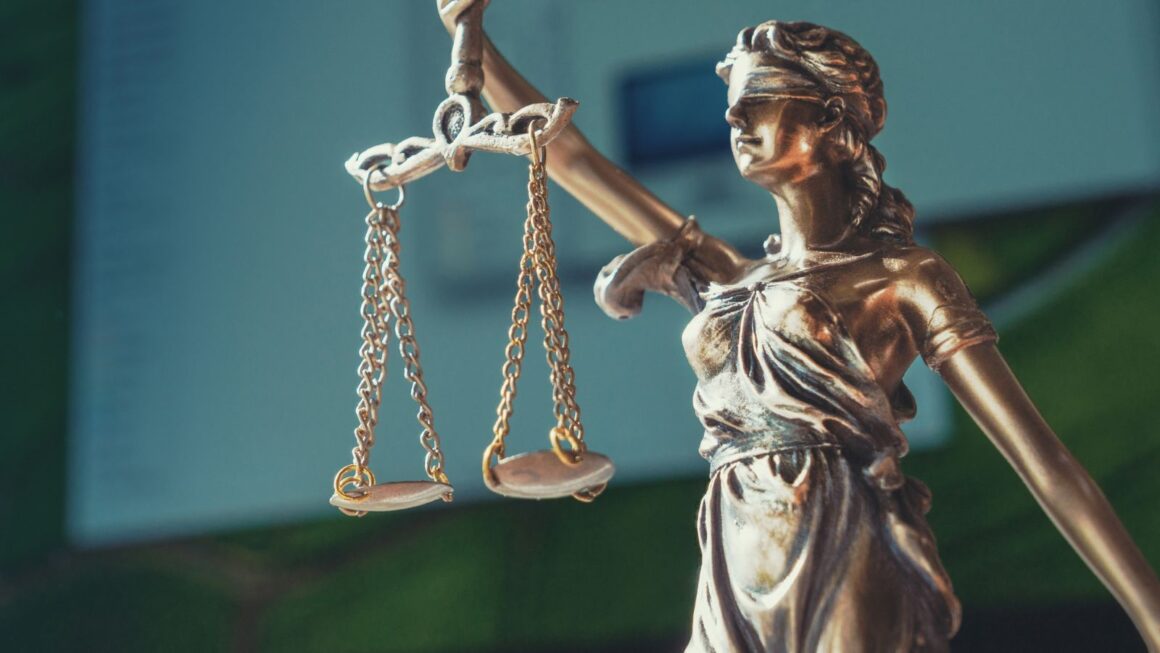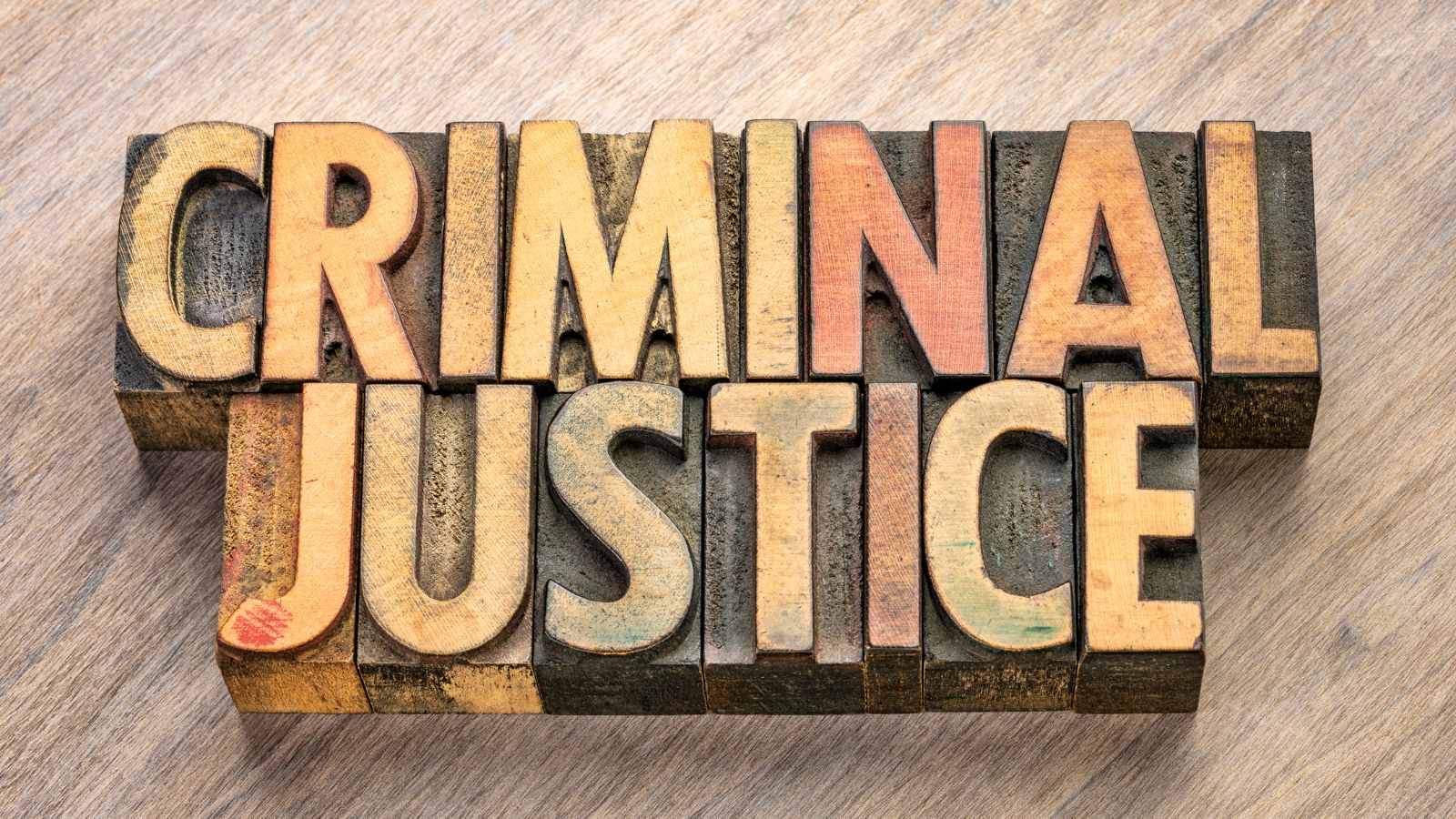The criminal justice system is an essential part of the United States, and everyone relies on it. However, certain injustices and prejudices have left many people feeling distrustful of the system. Many people recognize the good side of things, but they also see the potential for things to change.
Law enforcement, courtrooms, and correctional facility officials can contribute to great social changes if they collaborate with everyday citizens. It won’t take much, as so many criminal justice professionals are dedicated to making positive impacts in their communities.
Follow along as we explore how criminal justice can lead to great social changes with a few tweaks.
Sparking Social Change Through Criminal Justice
Criminal justice is about much more than what goes on in courtrooms. It encompasses courtrooms, law enforcement, and correctional facilities, each of which takes a lot of criticism. That’s because the prospectof arresting, prosecuting, and imprisoning people has many dark social implications.
Criminal justice reform has a chance to change much more than just law enforcement and courtroom proceedings. Many believe that criminal justice reform can reduce recidivism rates and improve the way some people feel toward law enforcement.
So many criminal justice professionals care so much about the people they serve. That said, a few simple changes can make the criminal justice system better than it ever has been, including:
1. Focus on Crime Prevention
Crime prevention is a tricky subject, as many different factors lead people to commit crimes. However, it’s commonly accepted that criminal justice officials can deter crime by collaborating with communities. That way, the people within the community can have a hand in making their environment safer.
Sometimes, this entails having law enforcement collaborate with community-led groups. That way, people within the community can establish a meaningful relationship with local law enforcement. For example, police officers can help local neighborhood watch groups to establish a consistent, nonviolent presence.

The more community members collaborate with law enforcement, the more easily people will trust the police. Of course, law enforcement officials must ensure that officers behave appropriately and avoid using excessive force and profiling methods. Transparency and trust are essential if community members want to work with local law enforcement to peacefully deter crime.
2. Acknowledging Systemic Problems
It’s no secret that the systemic problems inherent in criminal justice are quite controversial. Sadly, such problems primarily affect people of color and those in unfortunate economic situations. Today, people hold the criminal justice system more accountable than ever, so social change is inevitable.
However, it’s up to the people within the system to address the longstanding problems that many citizens object to. Public outrage isn’t enough to make a difference, unfortunately, so the change must come from within. For example, law enforcement can impose a strict screening process to ensure they don’t hire people with racial prejudices.
Similarly, many people propose that law enforcement leaders must train new officers to de-escalate situations without violence. Such changes can also apply to lawyers and judges who harshly penalize nonviolent offenders. Many people are confident that these changes will become more widespread soon, and countless people will benefit from them.
3. Support Victims
Sadly, many victims must deal with the aftermath of what they’ve gone through for the rest of their lives. The emotional toll that such negative experiences take on people can leave them feeling alone if left unsupported. It’s up to the criminal justice system to show victims that their voices are heard and their well-being is valued.
That’s where victim advocates and forensic social workers come into play. Victim advocates offer emotional support and resources to victims of crime. This can involve everything from counseling them to helping them find shelter and financial aid.
Similarly, forensic social workers assess and aid victims and manage their cases. It’s worth pursuing a forensic social work career, whether you have a Bachelor of Social Work (BSW) or a Master of Social Work (MSW). Both BSW and MSW degrees open the door to social work careers, but forensic social workers must hold an MSW degree.
4. Prioritize Transparency
Distrust in the criminal justice system has led to social problems throughout many communities in the United States. Today, the call for transparency and accountability has led to some great social changes. For example, police body cameras are more common, and they help ensure transparency.
However, they aren’t universally required in the U.S., so many people still call for change. Implementing country-wide body cameras can help instill lots of trust throughout most communities. Countless police officers do a great job and do things “by the book”.
That said, enforcing body cameras can protect police and U.S. citizens alike. Body cameras can keep law enforcement accountable, and they can also show citizens that they’re being monitored as well. This unparalleled level of transparency can change interactions between law enforcement and citizens and nurture a trusting relationship between them.
5. Shift the System Toward Rehabilitation
The criminal justice system isn’t nearly as focused on rehabilitation as it should be. That’s why the recidivism rate is so high in the U.S., and it has caused many social problems. Sending nonviolent offenders to violent prisons full of violent offenders is a recipe for disaster, but it happens every day.
However, the criminal justice system has the power to make a huge difference and take a step toward rehabilitation. While many prisons offer GED and college courses, that doesn’t change the fact that the prisoners are in violent environments. It may take a while, but reducing sentences, offering therapy, and providing crime prevention courses can make a difference.
Many people also propose alternative sentences for nonviolent offenders. That way, nonviolent offenders won’t be put in violent situations that could make them become violent people. Shifting the system toward rehabilitation can make people treat ex-convicts differently and reduce the recidivism rate.
The Criminal Justice System is an Essential Part of Society
It’s hard to imagine what the U.S. would look like without the criminal justice system. While there are problems, everyone can benefit from having police officers and judges dedicated to justice.
However, criminal justice officials and everyday U.S. citizens must collaborate to ensure social change. That’s the best way to prevent crime, reduce the recidivism rate, and instill trust.





